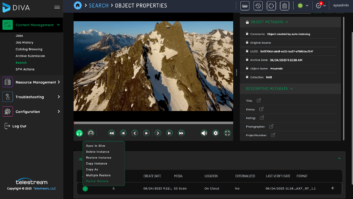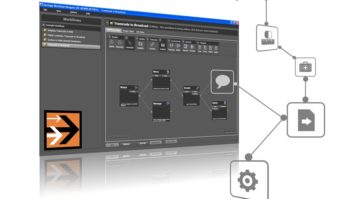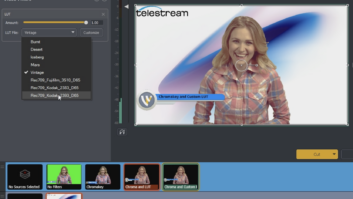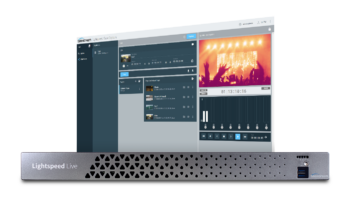
Telestream, the provider of video transcoding and workflow solutions, has contributed OpenCLÔ performance improvements for pre-integration review to the x264 project. This follows Telestream’s recent integration of x264 across its file-based transcoding product lines. The enhancements developed by Telestream provide improved performance on AMD GPUs, including the Tahiti architecture to reduce x264-processing time. The development was completed in partnership with MulticoreWare, a software solutions provider that develops highly optimised heterogeneous multicore parallel programming across platforms focusing on OpenCL programming. “The inclusion of x264 across our product line significantly increases the quality of our H.264 encoding,” said Shawn Carnahan (pictured), CTO of Telestream. “We are glad to contribute the OpenCL optimisations to the project, providing improved performance to other x264 users”. “x264 provides a globally accepted, very strong and high-quality foundation on which to base further GPU-enabled acceleration,” said Curtis Davis, co-founder, COO and VP of engineering of MulticoreWare. “We are pleased with the performance results and look forward to continuing to work with Telestream as they deliver innovations and performance to the broadcast solutions market.” “GPU acceleration of video encoding is an extremely difficult problem; most existing implementations are neither fast nor effective at compression. MulticoreWare has been working with us for the past few months to implement a portion of x264 in OpenCL. These improvements, when later integrated into mainline x264, will offer significant performance increases for users with modern GPUs supporting OpenCL” said Jason Garett-Glaser, lead developer and CEO of x264. www.telestream.net







